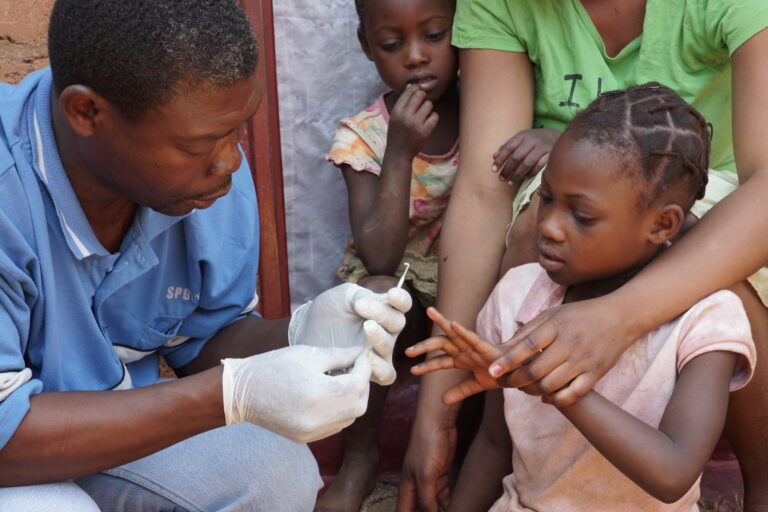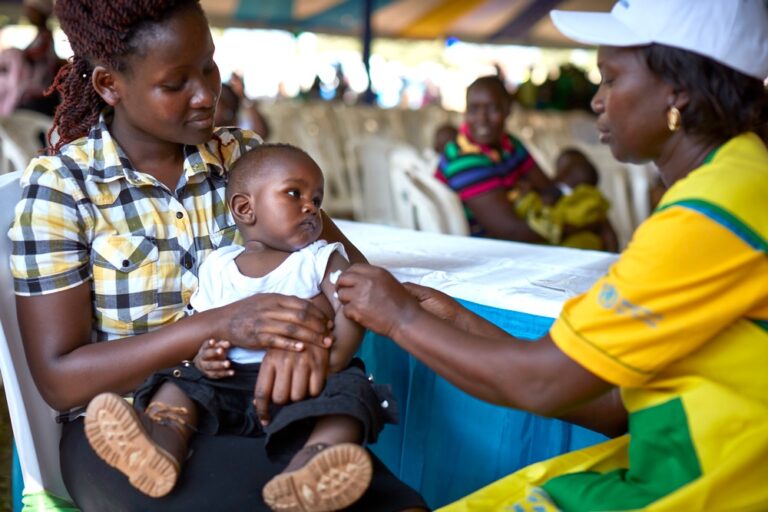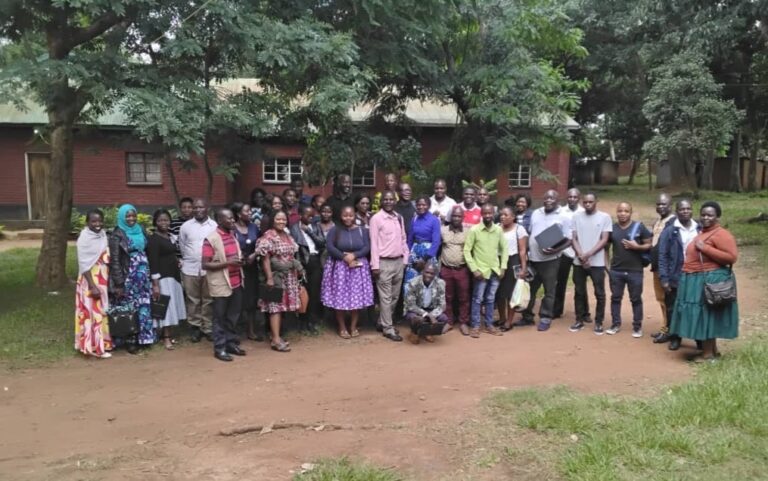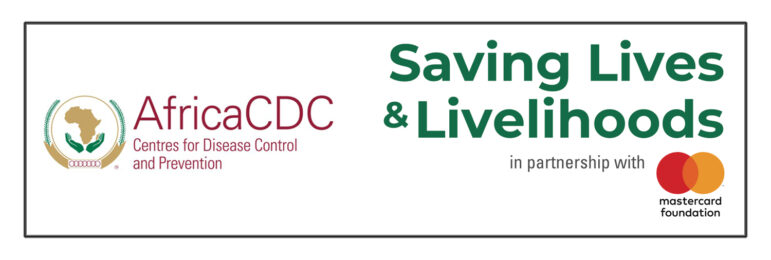
In clinical trials, particularly those conducted across diverse and challenging environments, maintaining the integrity of study arms is crucial. In the Diagnostic Access to Self-Care & Health Services (DASH) Phase II study, researchers are addressing this challenge head-on with the Reveal app—a powerful tool that aids in minimizing cross-contamination between study groups.
The DASH II study, funded by the Gates Foundation, is focused on improving access to rapid diagnostic testing and linkage to care in low- and middle-income countries, including Kenya, South Africa, and Zambia. Enrolled households are randomly assigned to one of three arms: a standard-of-care group, a Community Health Worker (CHW)-facilitated testing arm, and a home-based self-testing arm. Each arm offers different levels of intervention to test the impact of rapid diagnostic testing for various diseases (HIV, TB, malaria being some) on care-seeking behaviors and health outcomes.
Reveal’s role in this project goes beyond data collection; it is an essential tool for the project team to navigate and manage study logistics. With the capability to map households and ensure correct assignment, Reveal guides the research team to enrolled households, ensuring they only interact with participants within their designated study arm. This geospatial guidance is key to preventing cross-arm interactions, which could potentially bias the study’s outcomes.
Reveal’s features allow the DASH II team to optimize their visits, monitor participation, and adhere to strict protocols—factors that are especially critical in resource-limited settings where mobility and communication can be challenging. By leveraging Reveal’s mapping capabilities, the team can efficiently navigate and minimize unplanned interactions, ensuring data collected remains reliable and true to each study arm’s specific intervention.
This thoughtful integration of Reveal into the DASH II study demonstrates the app’s value not only in data collection but also in maintaining the scientific rigor of field studies. As technology continues to evolve, tools like Reveal provide essential support for complex research designs, ultimately contributing to stronger, data-driven insights that can shape future health interventions.
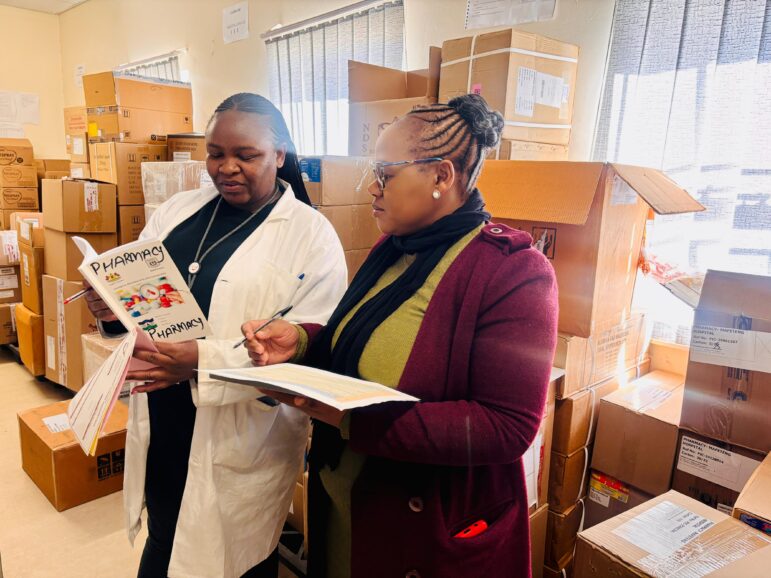
The UW Zambia team, led by Project Manager Prince and supported by the research assistants, is reviewing the site map to plan clusters for data collection during the training.
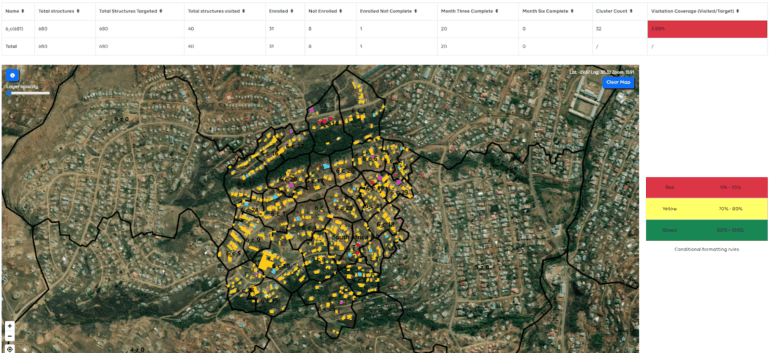
The dashboard shows that in zone 6_c, 40 structures have been visited, with 31 enrolled, 8 not enrolled, and 1 incomplete, making it crucial for supporting teams in decision-making.

